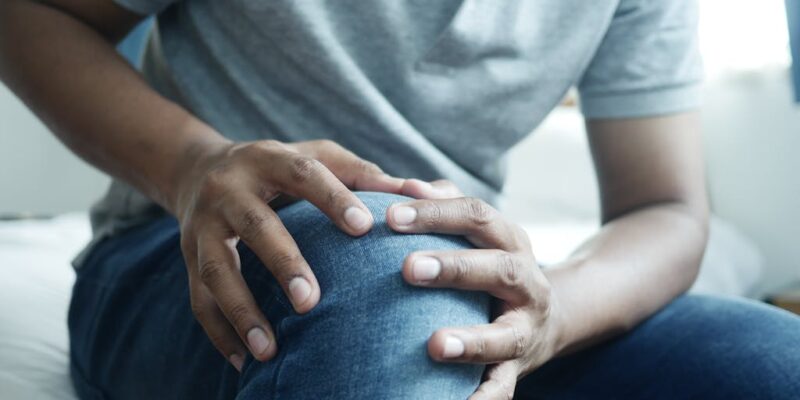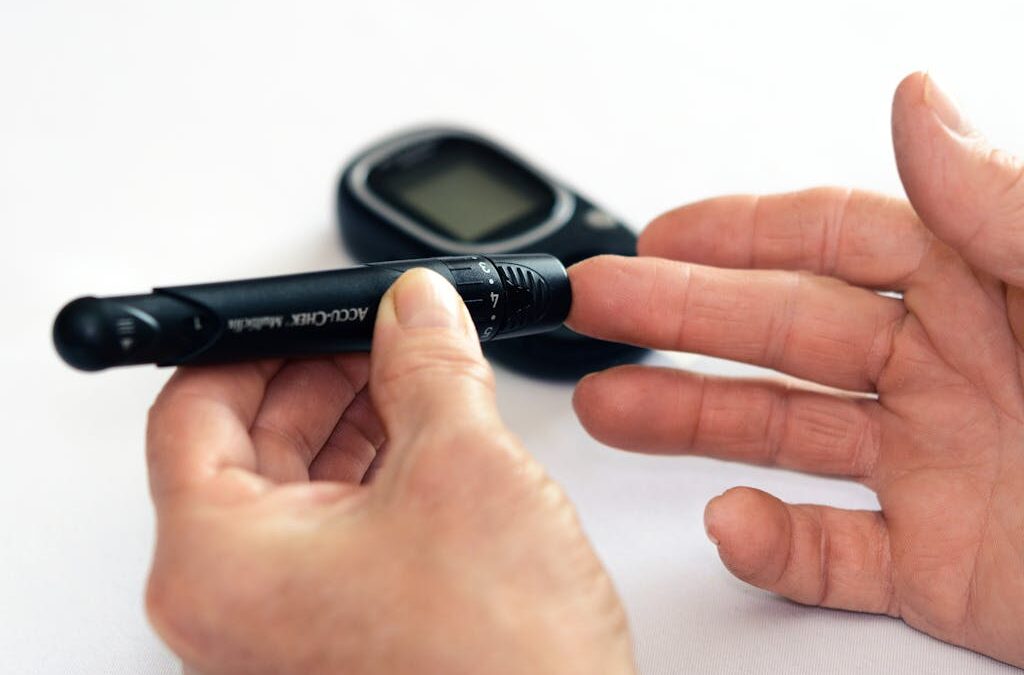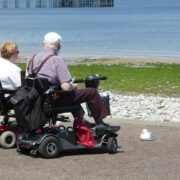Effective Ways to Manage Knee Pain
Knee pain can arise from various causes, including arthritis, injuries, or overuse. Understanding the root cause of your knee pain is crucial for effective management. Common conditions that cause knee pain include osteoarthritis, rheumatoid arthritis, meniscus tears, and ligament injuries. Identifying the specific cause will help you choose the most appropriate treatment options.
Engage in Low-Impact Exercise
Low-impact exercises are beneficial for managing knee pain as they help strengthen the muscles around the knee without putting excessive strain on the joint. Activities like swimming, cycling, and walking can improve joint function and reduce stiffness. Strengthening exercises targeting the quadriceps, hamstrings, and calf muscles can provide better support to the knee and alleviate pain.
Maintain a Healthy Weight
Excess body weight puts additional stress on the knee joints, which can exacerbate pain and lead to further joint damage. Maintaining a healthy weight through a balanced diet and regular exercise can help reduce the burden on your knees and improve overall joint health. Even a small reduction in weight can significantly lessen knee pain and enhance mobility.
Use Proper Footwear
Wearing supportive and properly fitted footwear can make a significant difference in managing knee pain. Shoes with good arch support and cushioning help absorb shock and reduce the impact on your knees. Avoid high heels or worn-out shoes, as they can alter your gait and increase knee strain. Custom orthotics may also be beneficial for individuals with specific foot alignment issues.
Apply Heat and Cold Therapy
Heat and cold therapy can provide relief from knee pain and inflammation. Cold packs are effective for reducing swelling and numbing the area, especially after physical activity. Applying ice for 15-20 minutes several times a day can help manage acute pain and inflammation. Heat therapy, such as warm compresses or heating pads, can relax stiff muscles and improve blood flow to the affected area.
Consider Physical Therapy
Physical therapy can be highly effective for managing knee pain, especially if it is related to muscle weakness or imbalances. A physical therapist can design a personalized exercise program to strengthen the muscles around the knee, improve flexibility, and enhance joint stability. Therapy may also include techniques such as manual therapy, ultrasound, or electrical stimulation to alleviate pain and improve function.
Explore Medication Options
Over-the-counter (OTC) pain relievers, such as acetaminophen or nonsteroidal anti-inflammatory drugs (NSAIDs), can help manage knee pain and reduce inflammation. For more severe pain, your doctor may prescribe stronger medications or corticosteroid injections. Always use medications as directed and consult with your healthcare provider before starting any new treatment.
Consider Joint Braces or Supports
Using knee braces or supports can provide added stability and reduce strain on the knee joint. These devices help distribute pressure more evenly and prevent excessive movement that could worsen the pain. Various types of braces are available, including those designed for specific conditions like patellar tracking issues or arthritis.
Modify Daily Activities
Making adjustments to your daily activities can help manage knee pain and prevent further injury. Avoid activities that involve excessive kneeling, squatting, or high-impact movements. If you need to perform such tasks, use knee pads or other protective gear. Adapting your routines and being mindful of your movements can reduce stress on the knee joint.
Seek Professional Guidance
If knee pain persists despite self-care measures, it is essential to seek professional guidance. Consulting with a healthcare provider, such as an orthopedic specialist or rheumatologist, can provide a comprehensive evaluation of your condition. They can offer advanced treatments, such as injections or surgical options, if necessary, based on the severity and cause of your knee pain.







